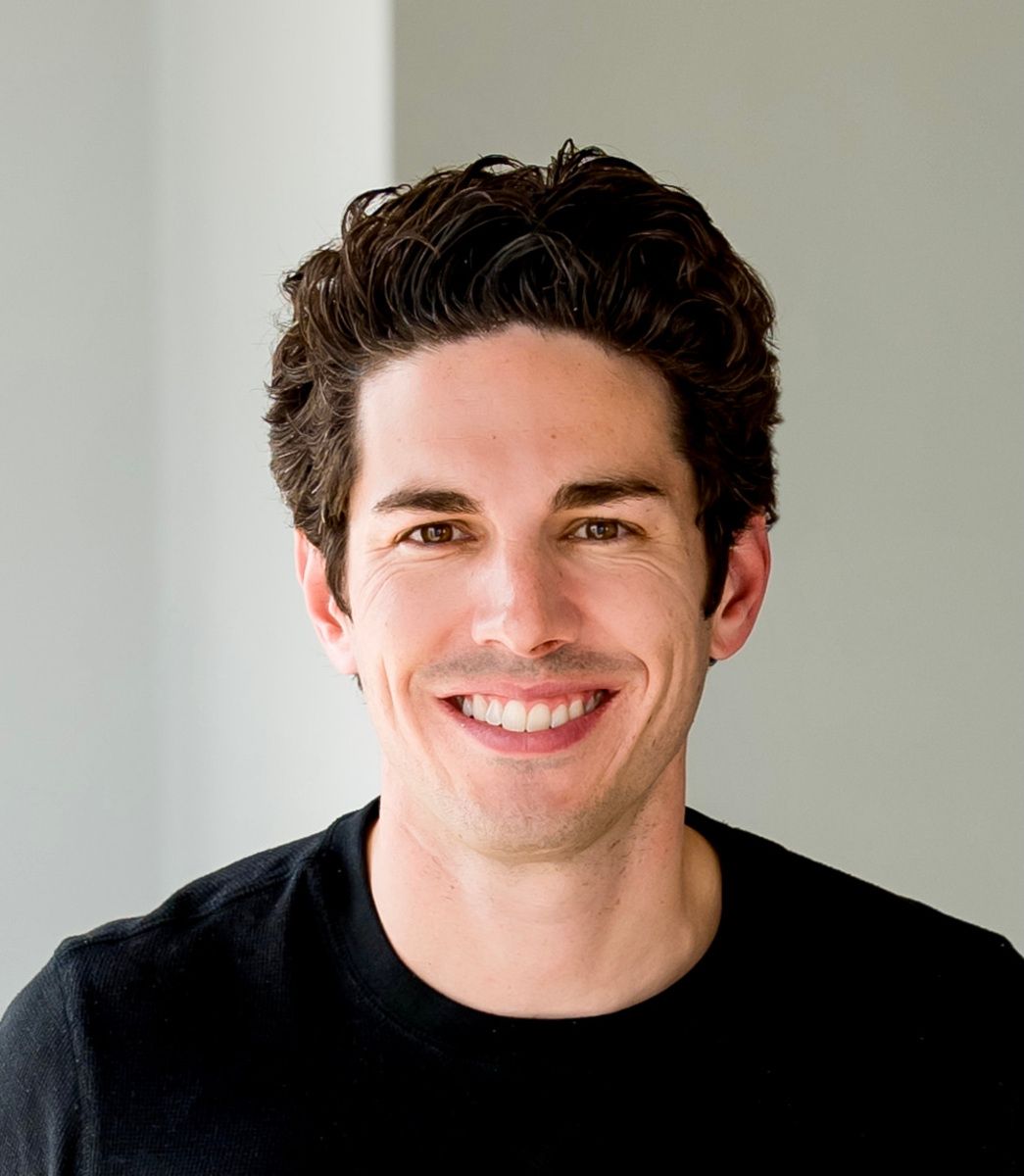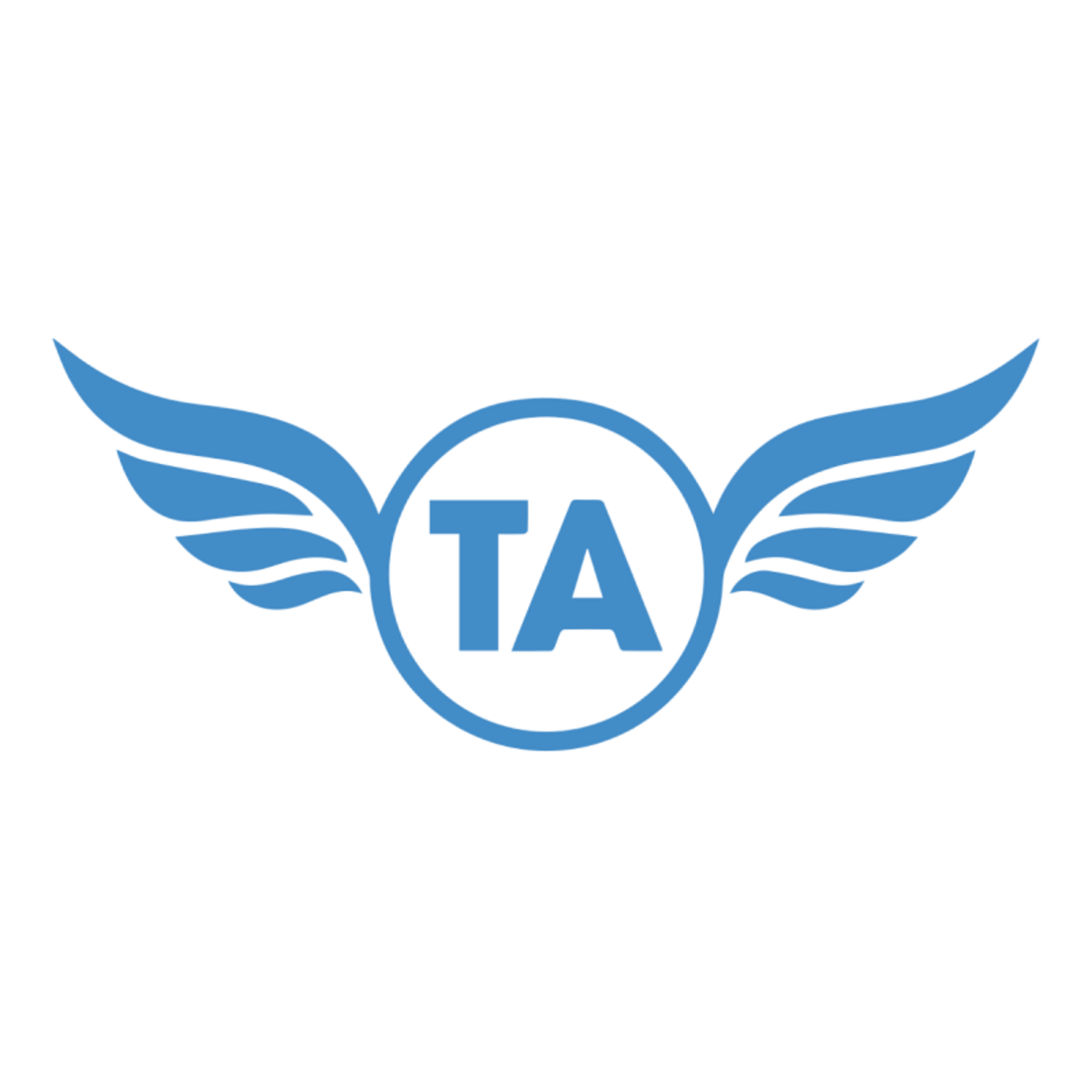If you’re new to this newsletter, click here to access the rest of my newsletter articles such as the “Why We Passed on this Startup” series, reflections on investing, and tactics on winning in the market. Now, onto today’s post!

Once upon a time, there was a startup team.
This founder, Nick, was one that Tundra Angels had previously passed on.
The Previous Pass
In the previous context, around the founders' passing, we grew uncomfortable with the risk that Nick was taking.
In that previous conversation, Nick told me that, “We intend to raise $1.25M. The use of funds is operations, hiring a head of technology, and starting to do a design study to build out a manufacturing plant.
At the time, the ironic thing was that at the current company stage, they had proven their tech at lab scale, but not yet sold any product to customers.
So at the time of the pass, I was confused as to why they wanted to use the funds to do a design study for a manufacturing plant?
One of the major risks that Nick seemed to be skipping over was the market demand, and if they could actually sell the product?
So I asked Nick.
Me: “What if customers don’t buy your product?”
Nick: “Matthew, there are other companies in this space selling a similar product with inferior technology to what we are doing…
We know that we will find customers around this. There is no risk on the commercial side."
At the time, we passed because we were not comfortable with the risk that Nick was apparently comfortable with. Nick assumed the market demand. We did not.
Reconnecting with Nick
Time passed. Our paths had not crossed. Then, I saw Nick at an in-person event.
We exchanged a quick conversation where I asked how things were going. He mentioned that they were raising again.
I asked for more information, and he sent me an email with the link to their pitch deck.
I reviewed the pitch deck and then asked to set up a Zoom call.
To set the stage, it had been about two years since my last touch point and the previous pass conversation.
If I’m entering into a conversation that it’s been a long while since we had a conversation, I start these conversations mentioning that I want to be reacquainted with the essence of the company - the problem they solve (in their own words), the solution (in their own words), the traction in their own words.
In total transparency, my feigned “Remind me what you’re doing” serves two purposes. One, I really do want a recap. But secondly, I want to see how the founding team presents the story after much time had passed - how high level are they, how much they bring me into the story, do they confuse me?
It is as much of a founder-check as it is a recap of what the company is doing.
Scrolling through 20 seconds on a pitch deck, which I have done, doesn’t do it justice.
As we got on the call, we exchanged pleasantries and then the founder asked me an interesting question.
Nick: “Did I not send you the teaser deck for our raise? What did you think of it?”
I acknowledged that I reviewed the deck but sidestepped the question because I didn’t think that was where the conversation needed to start.
So, I then asked Nick to recap the premise of the company. We spent about 10-15 minutes on the problem, the solution, the unit economics, etc.
Nick was talking at a level of industry jargon that it made it hard to understand the entire math equation. Frankly, I couldn’t follow the story.
I feel that I’m pretty decent at picking up the big picture quickly of a given company. Yet in this conversation, Nick was only giving me fragmented slices of details.
Remember how the “Please recap what you are doing” questions served two purposes for me? To that end, Nick left much to be desired on the way that he was presenting the current company story.
When I asked about the fundraise, Nick indicated that they were raising $2.5 million and were progressing with a strategic investor, but did not yet have a lead investor.
Nick also mentioned that it's been slower recently and he was not reaching out to investors at the moment.
That was an interesting statement that I then honed in on. I expected Nick to be in all out investor outreach mode, having say 8 funds in deep due diligence, have three investor meetings tomorrow and a lot of investor meetings scheduled for the next few weeks.
Instead, they are raising $2.5 million and he’s not reaching out to investors. Which means, all things being equal, that they must have a comfortable enough cash in the bank that they don’t need the money immediately. So, this is either A) at the beginning of their fundraise, or B) an opportunistic raise. Or, the worst case scenario which I deemed unlikely, they hardly have any money at all.
So I asked a question to clarify my hypothesis -
Me: “What’s the cash runway at this point?”
The vibe in the room changed.
Nick shifted in his chair, pausing and struggling to find words to what he would say next.
Nick: “There are a number of things in play…” then he bounced around to different unrelated thoughts. Then he said, “if we don’t close the company needs to close down, but if we close this round then we’ll have a runway for about 24 months”
“I’m not entirely sure why you are asking, actually. Because I don’t know if you are serious about investing… and if you are serious about it then… why do you ask?”
Me: “I think it's a very relevant question to ask a company how much money they have left if we are having a conversation like this.”
So I just laid out my logic.
Me: “You indicated you're looking to raise the $2.5 million, but you indicated you're not going out to investors right now in earnest. So my assumption there is, maybe you're cash comfortable. And so that's why I was trying to ask for a little more understanding in terms of the timing of the round.”
Nick: “The timing of the round if you’re interested, we can talk now.”
Then he broke into this haunting laugh that would thread into the next part of what he said [Laughing]
I don’t know what to tell you, Matthew. We talked at one point before and it went nowhere.
To be brutally honest, I don’t think this will go anywhere either.
[Laughing]
But that’s… so if the previous meeting was not good enough, I don't know why this one would be good enough for you.
So, prove me wrong.
I mean, we have a lot of information to share, I can put you in touch with many people and can detail everything we're doing.
Because you turned us down last time, I'm like, what's changed for you now?”
Me: “What’s changed is that you have X months of progress and traction since last conversation, right? So it’s worth a conversation to reconnect.
But you’ve given what I need here from a traction perspective and other stuff…”
Yes, Nick had given me what I needed to know the next steps.
Underneath It All
Yes, what did it for me in this conversation was what he said and how he clearly was insecure about the cash runway question.
I knew the truth - they had virtually no money.
When a founder sidesteps a very black and white question about runway, it shows a lack of transparency, among other things.
The statements of “To be brutally honest, I don’t think this will go anywhere either.” Sizing us up as an investor and assuming non-interest, and also having the guts to actually directly say it.
He was right. It was going nowhere, fast.
But Nick’s laughing at the end was another aspect of this chat that did it for me.
He pivoted the dismal situation of their near-zero cash runway and instead criticized my lack of investment interest previously.
In doing so, he moved it from business to personal - “I don’t see it going anywhere with you.”
He was certainly right.
I can handle someone laughing at me. Frankly, after the call, I moved on to the next Zoom call right afterwards, slightly bothered, but shaking it off.
I knew that the laughter was masquerading the intense amount of anxiety and stress that this founding team was feeling.
They had a hard situation. Back to the wall, trying to throw a Hail Mary pass and activate a strategic investor that is moving at a glacial pace, as well as not having any other Aces in the hole via other potential investors.
I chalked the way this conversation went up to the fact that this founding team was underneath the surface facing extreme stress and pressure.
Yet, it was a situation of their own doing. And that was the scariest part.
Closing Thoughts:
Time can change startup progress. But time is often slower to change people.
The milestones of this startup had changed since the last conversation and fundraise.
But the CEO’s questionable execution in the previous conversation also added the data points of this CEO seemingly didn’t plan out the financial planning and fundraise strategy and execution either.
Unfortunately, stories like this don’t end well.
Do you hear that? It’s the sound of silence.
No one is laughing now.
Click here to access the rest of the newsletter articles.
Here are some of the recent ones!

